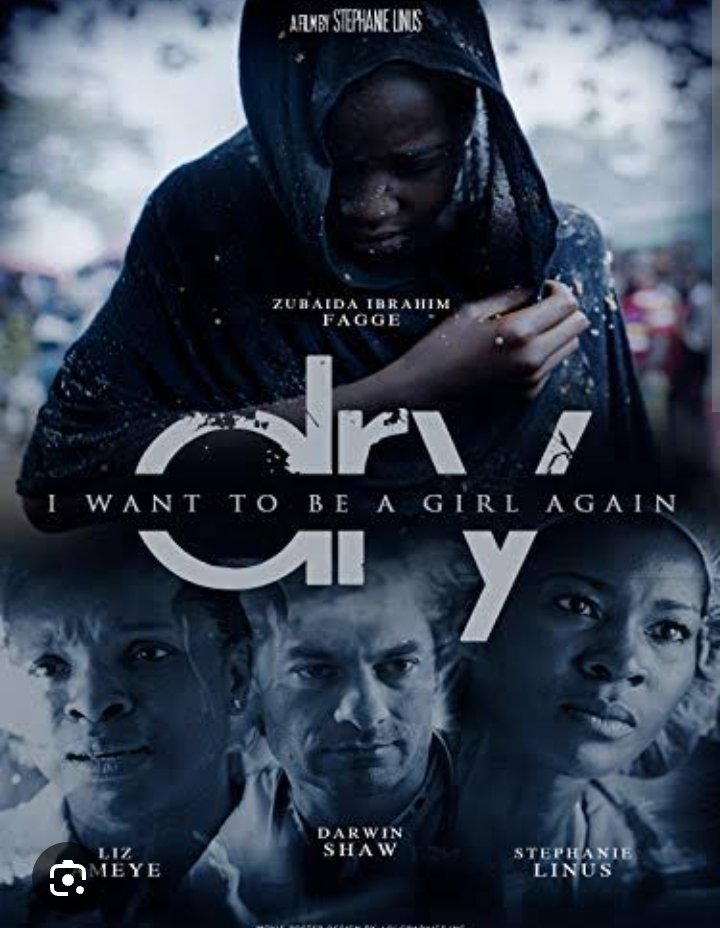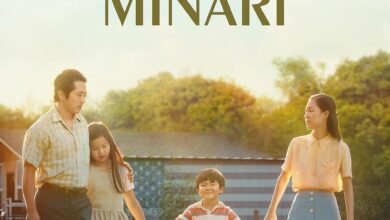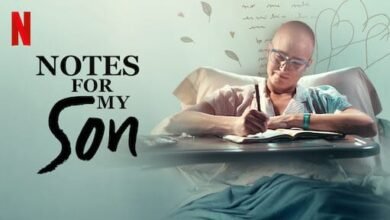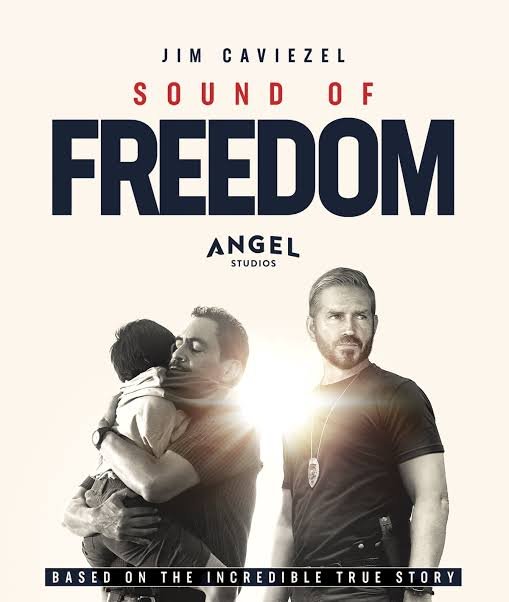“The Fisherman’s Diary” Comprehensive Review from a Family Strengthening, Securing a Friendly and Protective Environment for Children®, and Rights-Based Parenting® Perspective
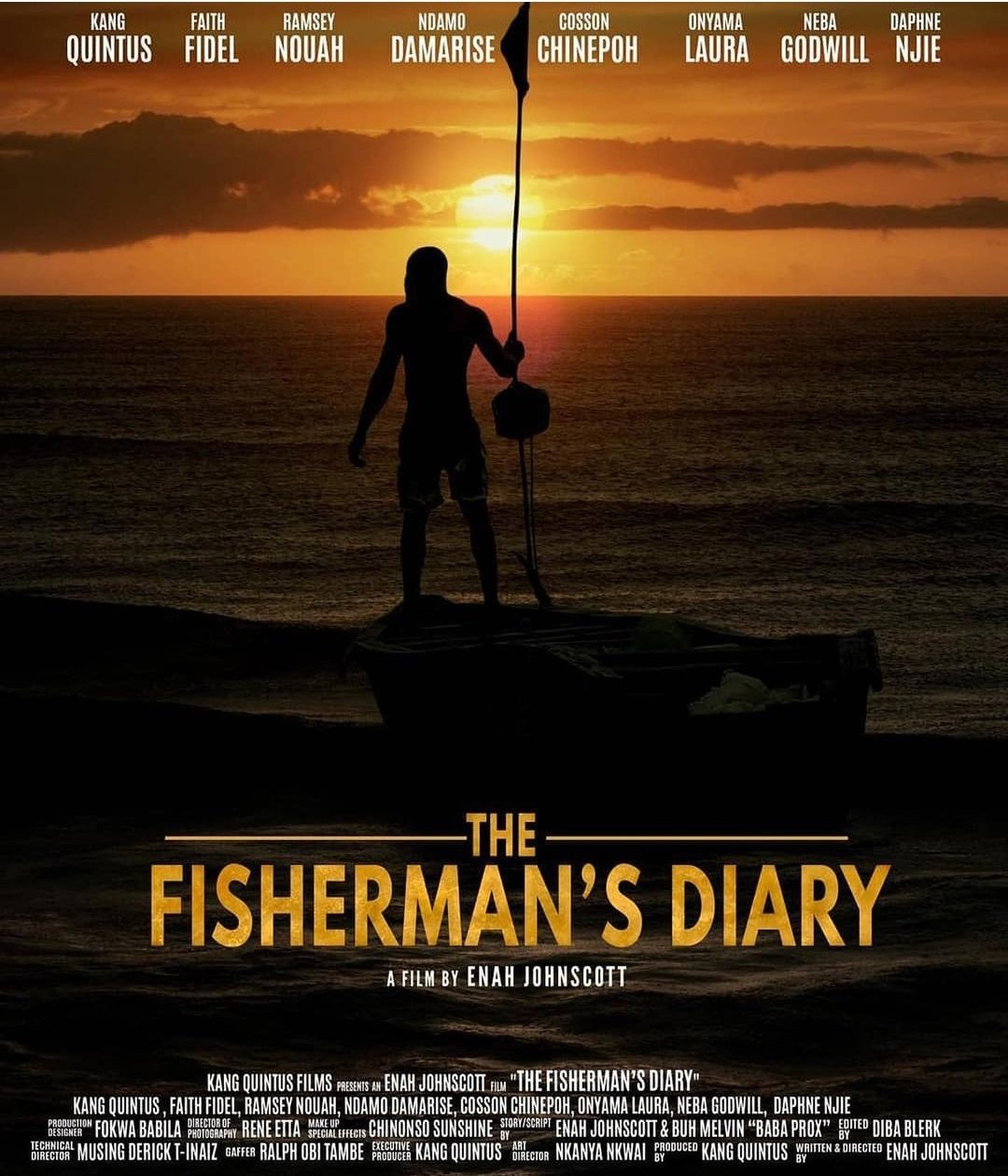
Introduction
“The Fisherman’s Diary” is a Cameroonian drama directed by Enah Johnscott, inspired by the story of Malala Yousafzai. The movie, set in a rural fishing village, narrates the journey of a young girl, Ekah, who aspires to receive an education despite the strong opposition from her father, Solomon, and the broader community. This review analyzes the film from the perspectives of Family Strengthening, Securing a Friendly and Protective Environment for Children®, and Rights-Based Parenting®.
Release Year: 2020
Director: Enah Johnscott
Country: Cameroon
Streaming Platforms: Netflix, Amazon Prime Video
Family Strengthening Perspective
1. The Role of Family Support in Empowerment
The film poignantly highlights the critical role of family in empowering or disempowering a child. Ekah’s struggle to receive an education is exacerbated by her father’s traditional beliefs and societal pressures. However, the movie also subtly indicates the transformative power of family support. Solomon’s eventual change of heart underscores the idea that when families embrace education and modern values, they can significantly uplift their children’s futures.
2. Addressing Gender Disparities
Solomon’s initial refusal to allow Ekah to attend school reflects the deeply ingrained gender disparities in many African societies. By showcasing this, the film advocates for family structures that support the education and empowerment of both girls and boys, highlighting the need for families to be the primary advocates for gender equality.
3. Intergenerational Dialogue The film also stresses the importance of intergenerational dialogue. Solomon’s eventual understanding and acceptance of Ekah’s desires show that open communication within families can lead to stronger bonds and the breaking down of harmful traditional practices.
Securing a Friendly and Protective Environment for Children® Perspective
1. The Impact of Societal Norms on Child Safety
The hostile environment created by societal norms, which discourage girls from seeking education, is a significant theme in the movie. Ekah’s experiences underline the importance of creating a protective environment where children can pursue their dreams without fear of retribution or harm.
2. Community Responsibility in Child Protection
The film advocates for community involvement in child protection. It suggests that the responsibility of securing a friendly and protective environment for children extends beyond the family to the entire community. The village’s eventual support for Ekah’s education signifies the collective effort needed to protect and empower children.
3. Education as a Protective Measure
Education is depicted not just as a right but as a protective measure for children. The movie argues that educating children, especially girls, can safeguard them against harmful practices like early marriage and gender-based violence, thereby securing a more promising future.
Rights-Based Parenting® Perspective
1. Advocacy for Child Rights
The film is a powerful advocacy tool for child rights, emphasizing the right to education for every child, irrespective of gender. It challenges parents to respect and uphold the rights of their children, urging a shift from authoritarian to more rights-based parenting practices.
2. Balancing Authority and Compassion
Solomon’s journey from an authoritarian figure to a more compassionate and understanding father is central to the film. This transition aligns with the principles of Rights-Based Parenting®, which advocates for a balanced approach where parents guide their children with love and respect for their autonomy and rights.
3. Encouraging Parental Responsibility
The film also addresses the responsibility of parents in creating opportunities for their children. It underscores that parents should not only provide basic needs but also foster an environment that encourages intellectual and emotional growth, aligning with the core principles of Rights-Based Parenting®.
Conclusion
“The Fisherman’s Diary” is a poignant and insightful film that touches on critical issues related to family dynamics, child protection, and parenting in contemporary African society. From a Family Strengthening, Securing a Friendly and Protective Environment for Children®, and Rights-Based Parenting®


